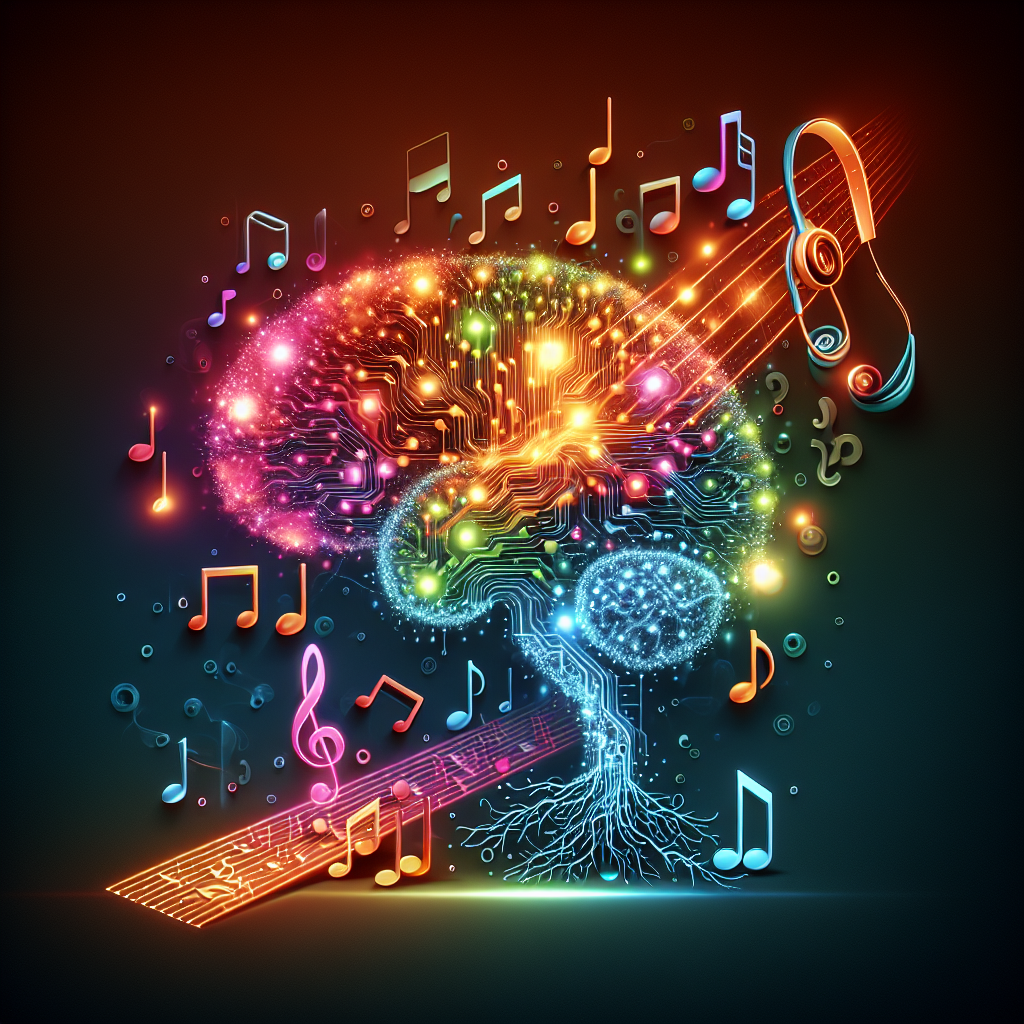AI and Music Education: A New Frontier
Artificial Intelligence (AI) has been making significant advancements in various fields, from healthcare to finance to transportation. One area where AI is increasingly making an impact is in music education. With the ability to analyze vast amounts of data and provide personalized learning experiences, AI is revolutionizing the way music is taught and learned.
AI in music education is not meant to replace human teachers but to enhance the learning experience. By leveraging AI technology, music educators can better understand the needs and preferences of individual students and tailor their teaching methods accordingly. This personalized approach can lead to more effective learning outcomes and a deeper appreciation for music.
One of the key ways AI is being used in music education is through the development of intelligent tutoring systems. These systems use machine learning algorithms to analyze student performance data and provide personalized feedback and guidance. For example, an AI-powered system can analyze a student’s playing technique and offer suggestions for improvement, or recommend additional practice exercises based on their progress.
AI is also being used to create interactive learning tools that engage students in a more dynamic and immersive way. For example, AI-powered music composition software can help students explore different musical styles and genres, experiment with new ideas, and create their own compositions. These tools can be especially useful for students who may not have access to traditional music instruction or resources.
Another area where AI is having a significant impact on music education is in the creation of virtual music teachers. These virtual teachers can provide individualized instruction, feedback, and support to students, regardless of their location or schedule. This can be especially valuable for students who are unable to attend traditional music lessons due to time constraints or other barriers.
AI is also being used to analyze and categorize large amounts of music data, which can help educators better understand musical trends and preferences. By analyzing data on music listening habits, performance techniques, and learning styles, educators can tailor their teaching methods to better meet the needs of their students.
FAQs
Q: How does AI help students learn music?
A: AI helps students learn music by providing personalized feedback, guidance, and instruction based on individual learning styles and preferences. AI-powered tools can analyze student performance data, identify areas for improvement, and offer suggestions for practice and exploration.
Q: Can AI replace human music teachers?
A: AI is not meant to replace human music teachers but to enhance the learning experience. While AI can provide valuable support and guidance, human teachers bring a level of empathy, creativity, and personal connection that is essential for effective music education.
Q: What are some examples of AI-powered music education tools?
A: Examples of AI-powered music education tools include intelligent tutoring systems, virtual music teachers, interactive composition software, and data analysis tools. These tools help students learn music in a more personalized, engaging, and effective way.
Q: How can AI help music educators better understand their students?
A: AI can help music educators better understand their students by analyzing data on student performance, learning styles, and preferences. By gaining insights into individual student needs, educators can tailor their teaching methods to better meet the needs of their students.
Q: What are some potential challenges of using AI in music education?
A: Some potential challenges of using AI in music education include issues related to data privacy, algorithm bias, and the risk of dehumanizing the learning experience. It is important for educators to be aware of these challenges and work to address them in their use of AI technology.

